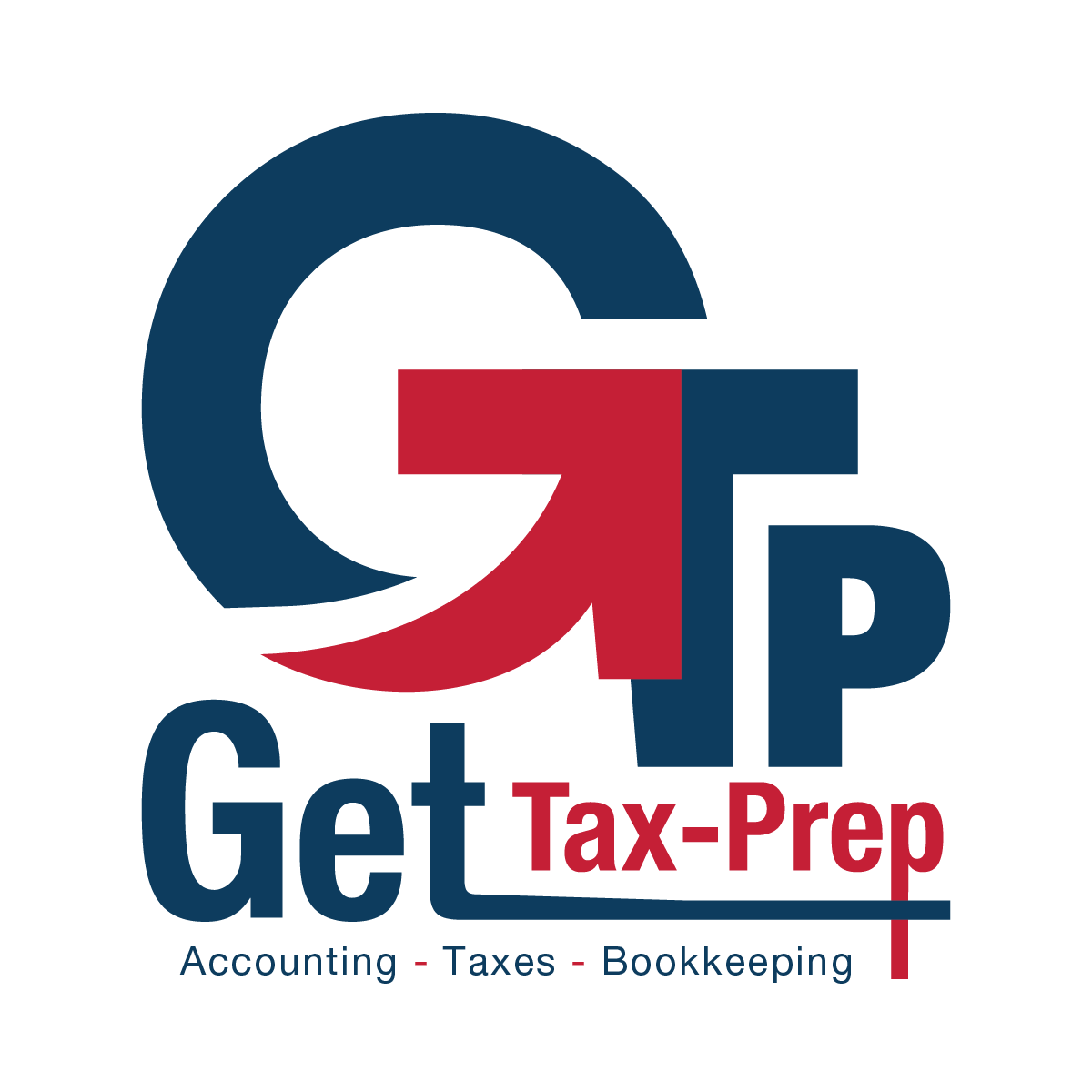As the year draws to a close, individuals and businesses alike can proactively engage in smart financial moves to optimize their tax situations and set the stage for a financially successful new year. In this comprehensive guide, we’ll explore a year-end tax planning checklist, offering valuable insights into actions that can positively impact your tax liability.
Contribute to Retirement Accounts: Maximizing contributions to retirement accounts is a powerful year-end strategy. For individuals with employer-sponsored plans like 401(k)s, contributing the maximum allowable amount reduces taxable income and boosts retirement savings. Self-employed individuals can explore options like solo 401(k)s or SEP IRAs.
Harvest Tax Losses and Gains: Reviewing your investment portfolio is a prudent year-end practice. Consider selling investments with losses to offset capital gains and potentially reduce your tax liability. Conversely, strategically selling investments with gains can be advantageous, especially if you are in a lower tax bracket.
Utilize Flexible Spending Accounts (FSAs): For those with employer-sponsored FSAs, it’s essential to understand the “use it or lose it” nature of these accounts. Plan your eligible medical expenses to fully utilize the funds. Some plans may allow a grace period or carryover, but confirming the specific rules is crucial.
Make Charitable Contributions: Charitable contributions not only support causes you believe in but also offer potential tax benefits. Consider making donations to eligible charities before year-end to qualify for deductions on your tax return. Documenting your contributions is crucial for claiming these deductions.
Review Your Business Expenses: For business owners, reviewing and maximizing deductible expenses is a key year-end task. This includes expenses related to equipment purchases, office supplies, marketing efforts, and professional services. Keep thorough records to substantiate these deductions during tax filing.
Explore Tax Credits: Tax credits directly reduce your tax liability and are therefore highly valuable. Research and determine if you qualify for any tax credits, such as the Child Tax Credit, the Earned Income Tax Credit, or education-related credits. Ensuring you meet the eligibility criteria is essential for claiming these credits.
Evaluate Health Insurance Options: Individuals who purchase health insurance through the Affordable Care Act (ACA) marketplace should review their coverage options. Ensure that your plan meets your needs for the upcoming year and consider adjusting your coverage during the open enrollment period.
Plan for Required Minimum Distributions (RMDs): If you are aged 72 or older and have tax-advantaged retirement accounts, it’s crucial to plan for your Required Minimum Distributions (RMDs). Failing to take the required distribution can result in penalties. Work with financial advisors to calculate and fulfill your RMD obligations.
In conclusion, embracing smart financial moves before year-end is a proactive approach to tax planning that can yield substantial benefits. Whether contributing to retirement accounts, strategically managing investments, or maximizing deductions, these actions position individuals and businesses for financial success in the coming year. Stay tuned for more insights into optimizing your financial strategy and navigating the dynamic landscape of tax planning.


Add a Comment